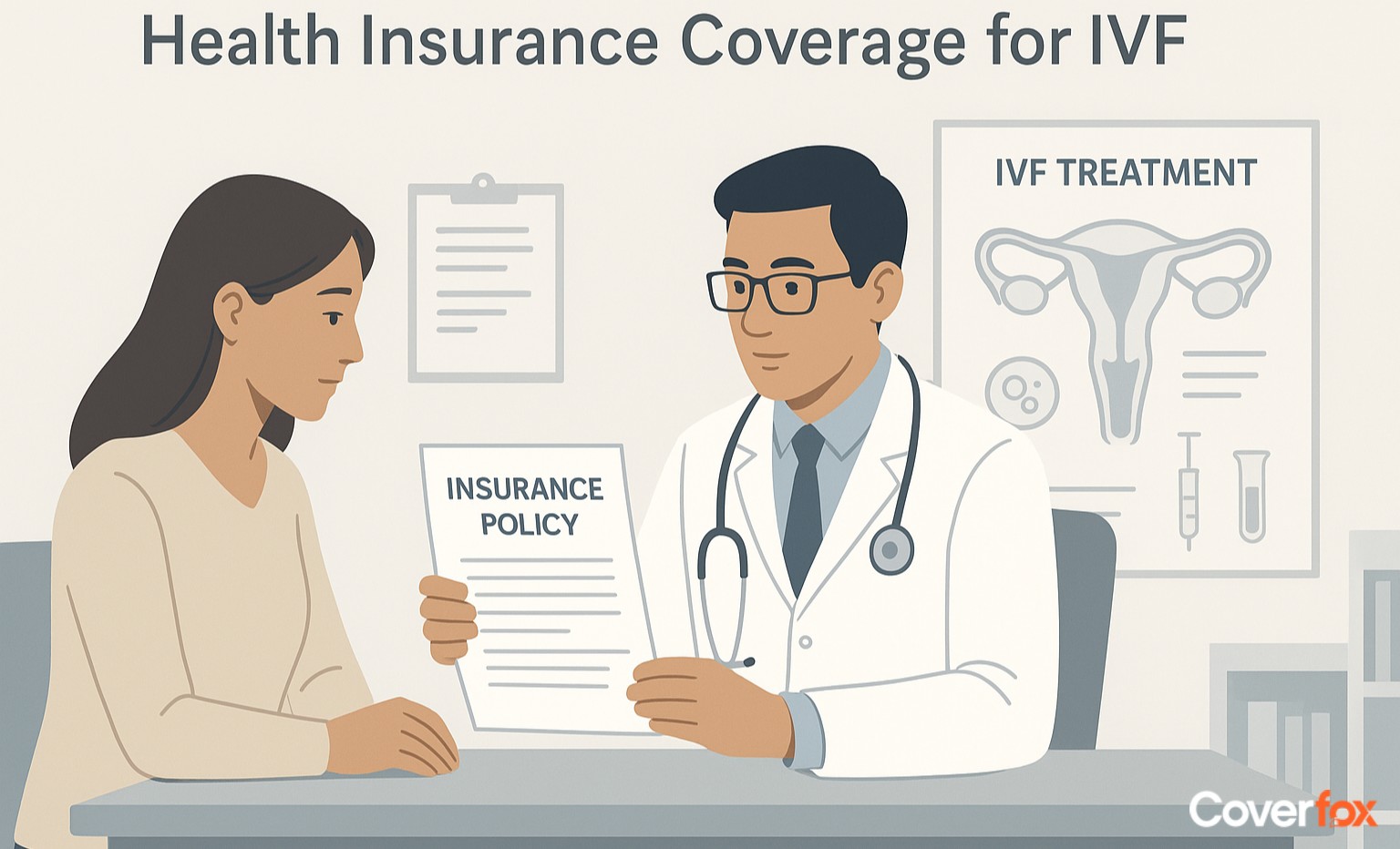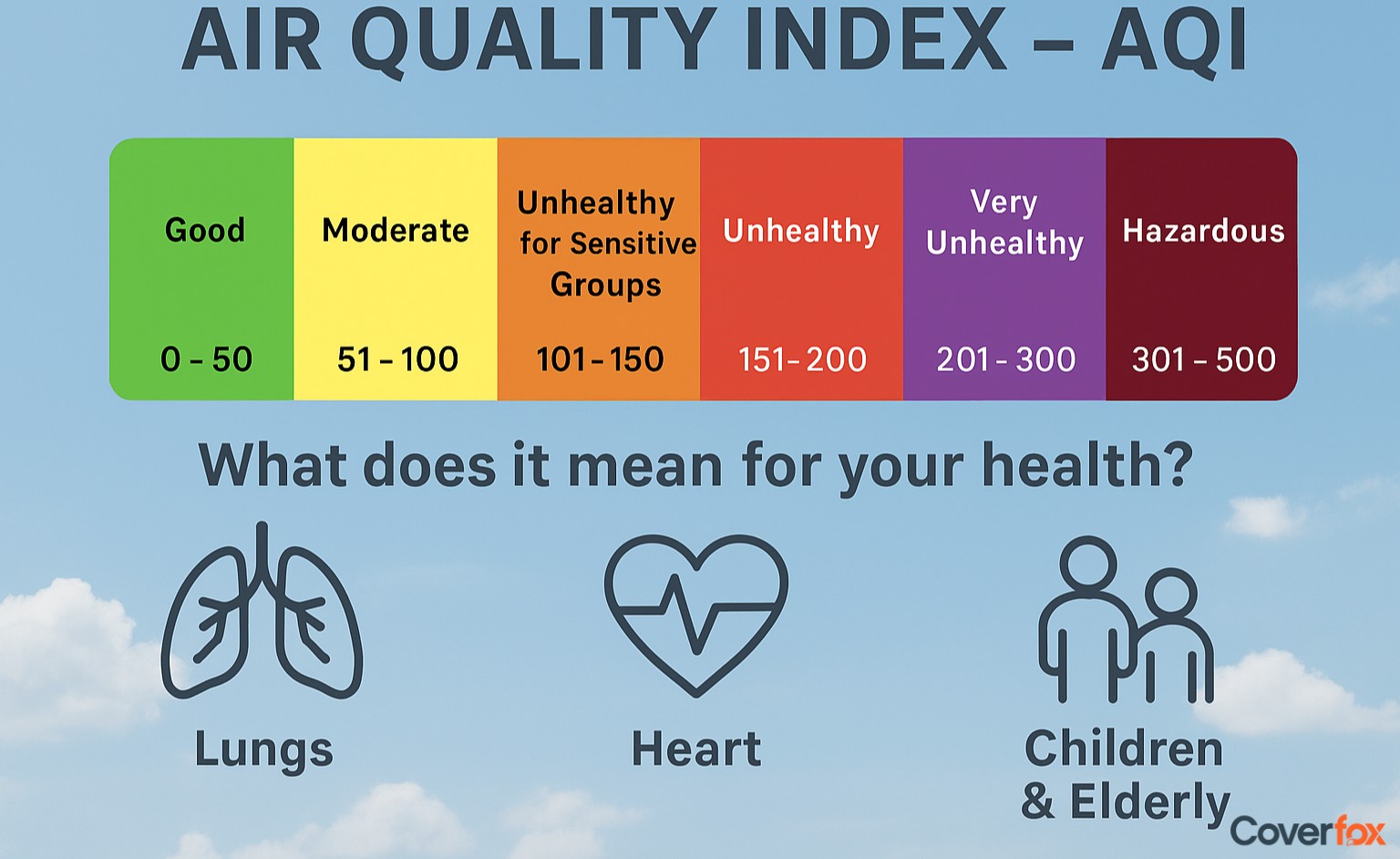Swine flu is a highly contagious respiratory disease caused by the H1N1 virus strain. Read this article to find out whether swine flu patients can benefit from a health insurance cover.

According to a report by The National Cooperative Development Corporation on Seasonal Influenza (H1N1) in India, there have been 28,451 cases and 1,213 deaths as on
01.12.2019. The H1N1 flu is more commonly known as swine flu. This is a highly contagious respiratory disease among pigs, caused by a swine influenza A virus. Transmission of swine influenza viruses to humans is rare. However, it can be transmitted to people through contact with infected pigs or environments contaminated with the virus.
In 2009, the disease spread through many parts of the world. By the time the World Health Organization had declared a pandemic in June of that year, 74 countries and territories had reported laboratory confirmed infections. Today, while swine flu may not be as scary as it seemed back then, it's still vital to protect oneself from getting it. Vaccines have been developed to protect individuals against the H1N1 strain of swine flu. These measures were taken following the 2009 pandemic.
Symptoms of Swine Flu
The signs and symptoms of swine flu are typically similar to that of a normal flu. It can include:
Chills
Cough
Sore throat
Runny or stuffy nose
Fever
Watery, red eyes
Body aches
Diarrhea
Nausea and vomiting
Headache
Fatigue
An infected person usually begins experiencing symptoms in about 2 or 3 days from exposure. The symptoms can last for around 7-14 days. However, it can go on for even longer if it is a case of severe infection.
Complications of Swine Flu
Besides weakening the immune system, the swine influenza A virus can lead to advanced health complications in people. These may occur when an individual is already suffering from a pre-existing condition like asthma, diabetes, emphysema, a heart ailment, or any other chronic illness. Some of the serious complications include:
Bronchitis
Pneumonia
Seizures
Toxic Shock Syndrome
Respiratory failure
Q. Who is at Increased Risk?
Some individuals are at higher risk of catching swine flu and developing life-threatening problems as a result. These would be:
people above the age of 65 years
children less than 5 years of age
teenagers who are receiving long-term aspirin therapy
people suffering from chronic diseases
pregnant women
people who have weakened immune systems
Health Insurance and Swine Flu
While swine flu can be treated at home with the right medication, hospitalization may be necessary in a few cases. It is therefore advisable to have a health insurance policy in place, to protect self and family from the financial burden caused by the diagnosis.
Those who have tested positive for H1N1 flu are entitled to claim expenses of their treatment, as per the insurance policy they hold.
Most of the health insurance providers offer coverage for swine flu following a standard waiting period of 30 days. Additionally, it generally forms part of the comprehensive health insurance policies offered by the insurers. The hospitalization expenses shall be borne by the company, subject to the limit on the room rent charges. Very few insurers offer policies that cover OPD expenses incurred in relation to swine flu.
Precautionary Measures
As stated above, a health cover can ensure that the individual wouldn’t need to worry about the expenses as the insurance provider would take care of them. Now, as the proverb goes - prevention is better than cure, and this is rightly so for swine flu. Apart from the flu vaccination, the measures that one can take to stay away from the virus include washing hands often with antibiotic liquid/soap in warm water, consuming only properly handled cooked food, etc. Following these precautionary measures, along with having a health cover in place is the best way to stay prepared (physically and financially) for any medical risk that comes one’s way.
Recommended Link: Health Plans for Heart Ailments






